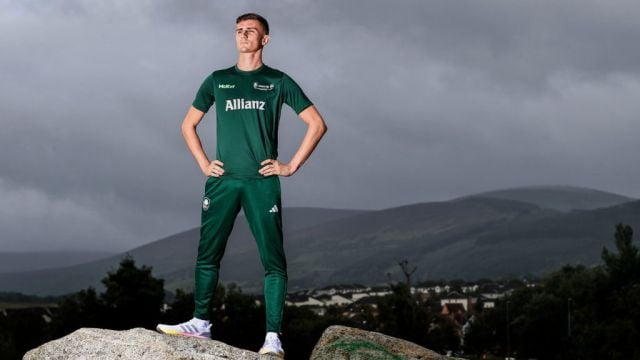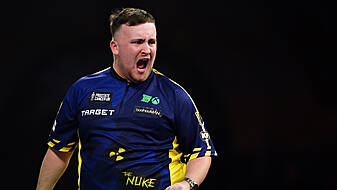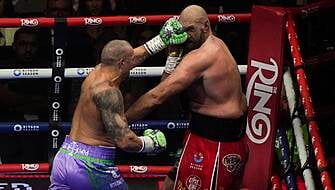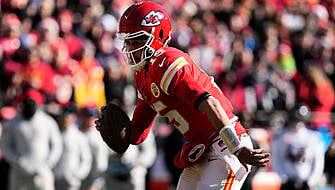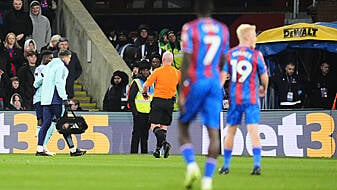Jack Woolley says the Paris Olympics were what he "expected and more", as he looked back on his experience this summer.
For the second time in the Olympics, Woolley represented Ireland in taekwondo. Despite positive performances, Woolley was not able to return home with a medal, as he was defeated in the last 16.
Despite this, the Dublin fighter is proud to call himself a two-time Olympian, as he finally got to have the proper Olympics experience, following the restrictions that were in place for Tokyo.
"It was everything I dreamed of and more", said Woolley.
"To have family support there, and the big crowds, we never really get that in our sport. My family have seen me fight two or three times since I was about 12, so this was just insane.
"I always compare Tokyo to a scene in the hunger games, where it is really quiet, and you have just got men in suits watching you.
"To jump to this insane stadium, full of thousands of people watching just one ring, it was less daunting doing it in front of more people."
It was a hugely successful Olympics for Ireland, in what was the country's highest ever medal toll.
As the likes of swimming and rowing look set to grow in popularity after their success, Woolley hopes he can be the figure for people to take up taekwondo.
He acknowledged the popularity of the sport across Europe, and hopes people take inspiration from his success.
"I never had that growing up. I never had them people to look up to, so to be that for other people and to just promote the sport is something I hold very dear to my heart.
"I am really hoping it grows more. It is definitely growing in the right direction, and it is something I sit down and think to myself, why do we do this when time gets tough. Things can get a bit overwhelming in high level sport.
"When you think back of what you are doing and the differences you have made as a athlete in the last couple of years, it is a proud moment, and it does make us want to get more results."
Having travelled all over the world for his sport, Woolley is taking some time for himself, for the first time in a long time.
The last major event of the year is a grand prix in China, which Woolley says he will get back into the ring in October in preparation for the event.
While he has been doing some cardio, Woolley says he will not get back into the sport until the coming weeks.
Like athletes across the world, Woolley is attempting to adjust to life post Paris. For many athletes, questions about Los Angeles in four years' time immediately followed, but recovery is now the priority.
Sitting still is not a strong point for Jack, but he has learnt how to adapt from his experience in Tokyo.
"After Tokyo, it was a bit of a blur. I was so upset with that result, and then things got a little bit hectic around that time. I know it was tough time for me mentally, but I have done a lot of work since, and I have reflected on it enough that I have forgotten about it.
"The first week is always tough. I have reached out to other fellow athletes, Team Ireland athletes, other athletes I would be friends with in taekwondo, just to check in on them, because I know that is something I would want myself.
"You are literally learning everything in what people would call a normal life. Learning how to eat again, because you are used to fuelling for performance, or I am in a weight-making sport, so you are trying to have a takeaway without feeling guilty."
After the thrill of an Olympics that he took so long to prepare for, the idea of living a normal life is not something the Dublin man is used to.
With a full on year-on-year schedule in the sport, the idea of relaxing and thinking about the next event has been difficult for Woolley, who struggled after the Olympics.
However, he hopes the new structure of taekwondo leading up to the 2028 games will help.
"Moments where you go into your room, and you're alone, and you sit down, and you go okay, what do I do now?
"I need to do something, I can't sit still and not do something. I need to not do taekwondo, but for the last 20 years, that is all I have really done.
"Our sport has a four-year ranking system for the last few Olympics, ut they have shortened it to two now. So we have two years of being normal, and still compete and train and strive for a world or European title, without it being Olympics, Olympics, Olympics for four years.
"We are 12 months of the year flat out, so to get home and go, what now, was difficult."
